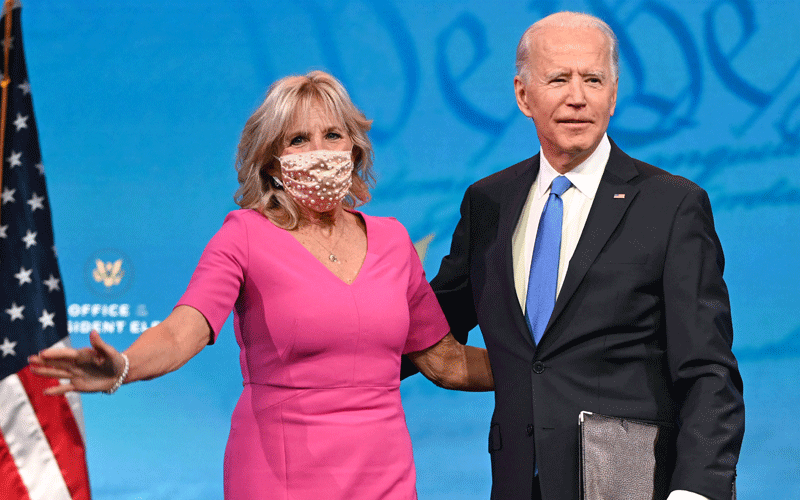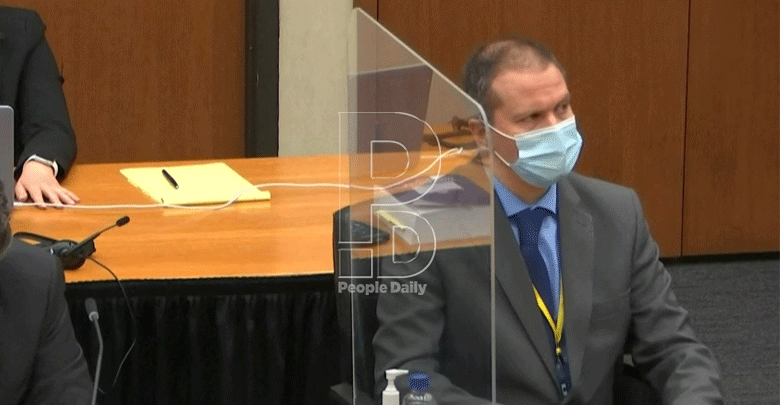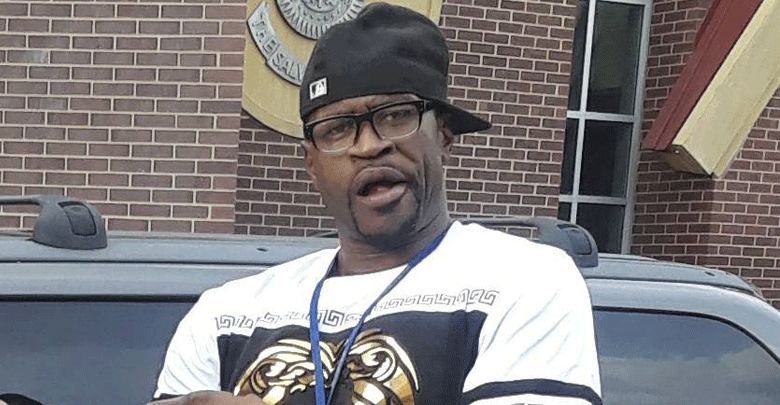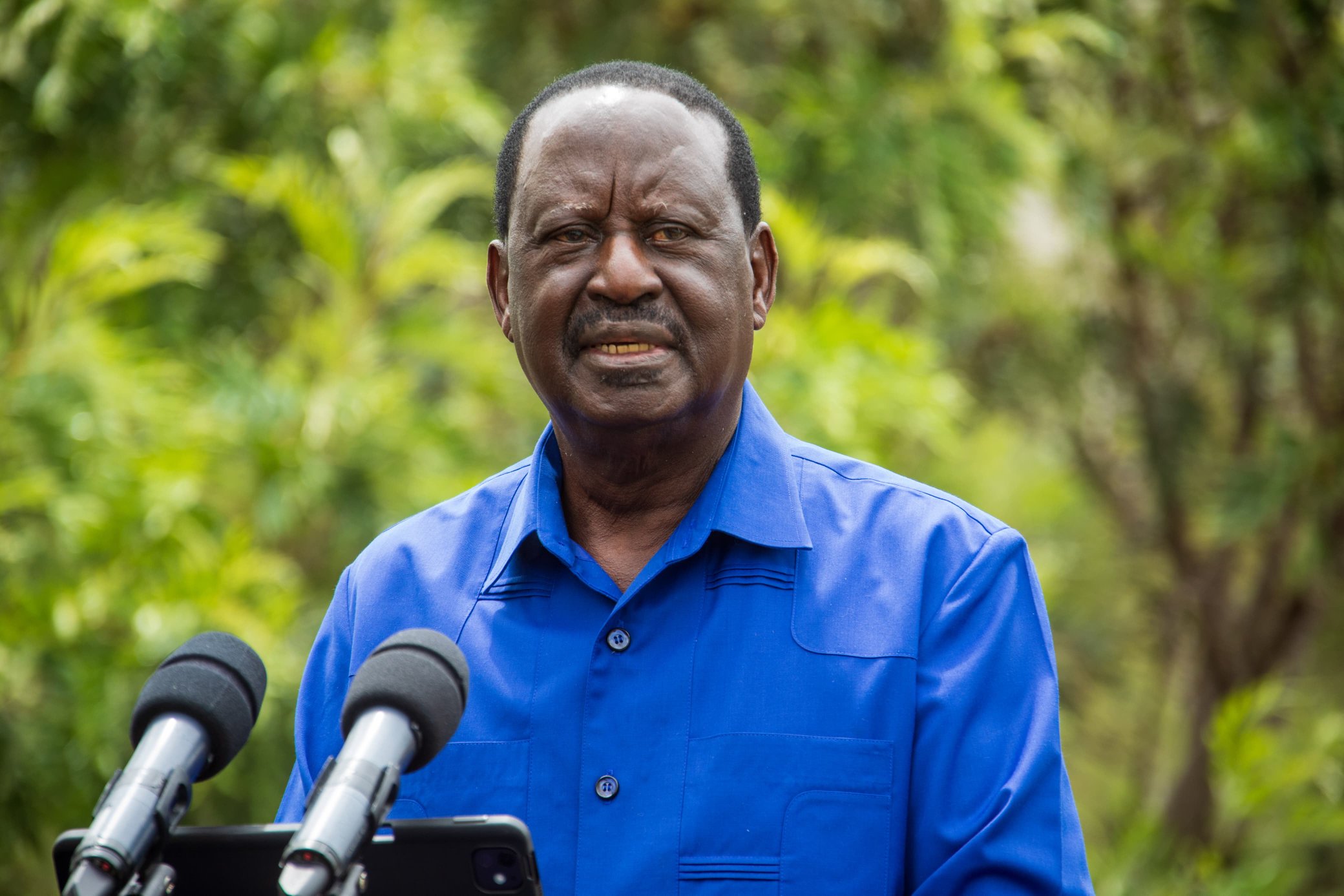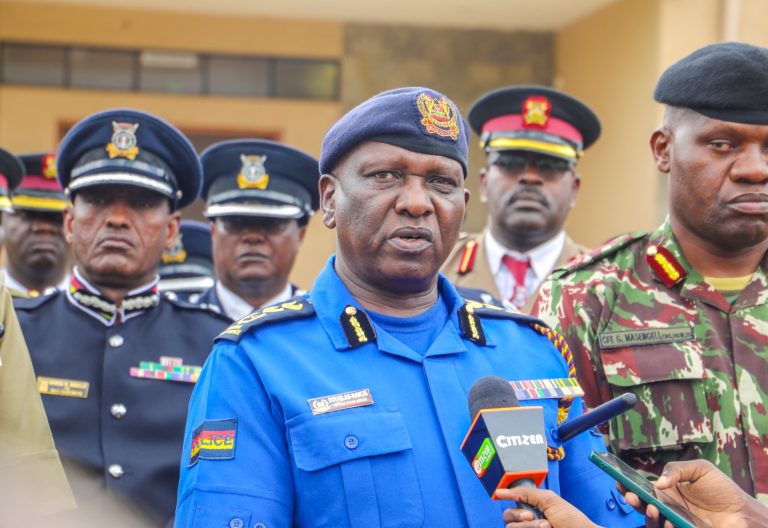George Floyd: A year on from his death what has changed?
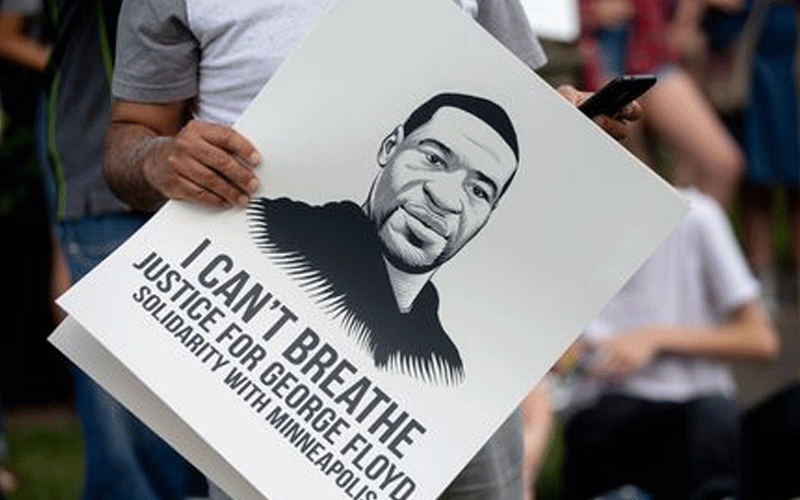
It has been a year since George Floyd was killed in police custody in the US, an event which sparked protests around the world.
He was an unarmed black man who was stopped by police in Minneapolis and died after being held down by an officer.
The officer involved, Derek Chauvin, lost his job and was later found guilty of George Floyd’s murder.
Floyd’s death led to lots of debate about racism and inequality and there were big Black Lives Matter marches in lots of countries calling for changes to policing, education and culture.
Newsround looks back at an extraordinary year, to find out how the world has changed.
Since Floyd›s death there have been calls for radical change in the US to tackle police brutality and racism.
Systemic racism
President Joe Biden said: “My fellow Americans, we have to come together to rebuild the trust between law enforcement and the people they serve and root out systemic racism in our criminal justice system and enact police reform in George Floyd’s name.”
Some people have asked for money to be taken from police forces and given to other organisations. This has been called “defunding” by activists.
This idea is controversial, including within black communities where there are a range of views on how to tackle the issue of racism in the police.
Some people argue defunding the police would make society less safe but others say if money was invested in things like mental health services, education and job programmes there would be less crime.
In Minneapolis, where Floyd was killed, the city council voted to defund the police but the mayor stopped them from taking the more radical step of replacing the police department.
In Atlanta, where police killed another unarmed black man last year, the city’s mayor limited police use of deadly force, but the police have not been defunded.
Big differences
In New York City, the mayor has cut hundreds of millions of dollars from the police and promised to give it to youth and social services.
There are some big differences between policing in the US and the UK, but campaigners have argued that Floyd’s death has shone a new light on racial issues in UK policing.
Two of the major issues campaigners point to is the proportion of black people who die in police custody, and the way that police officers use “stop and search” powers.
Police officers in the UK have the right to stop people in the street and to search them if they think they might have committed a crime. But if you are black, you are much more likely to be stopped by police.
According to government figures, for 1,000 white people in England and Wales, there are six stop and searches per year. For 1,000 black people, the figure is 54.
The government reacted to the report by saying more needs to be done to tackle the issue.
Police forces in the UK say they are aiming to change, by building better relationships with ethnic minority communities and hiring more officers from diverse backgrounds.
Prime Minister Boris Johnson has also said: “There are very serious issues that our society faces to do with racism that we need to address, we’ve got to do more to fix it.”
The American Civil War ended slavery after the Confederate Army, the side fighting to keep Black slaves, lost to the US military.
However, statues of slave owners and Confederate soldiers have stayed up all over the country until the present day.
In 2020, some of the statues were torn down and the Confederate flag was banned from US Marine bases.
Some schools and streets named after Confederate leaders were also renamed.
There is a Black Lives Matter Plaza in the US capital city, Washington DC. The plaza was renamed by Mayor Muriel Bowser on 5 June, 2020, There is also a Black Lives Matter mural on 5th Avenue in New York.
It is one of several that were painted throughout the city to show support for black people after police killed Floyd.
There have been campaigns to rename some streets and schools because the previous names had links to the slave trade. — AFP
